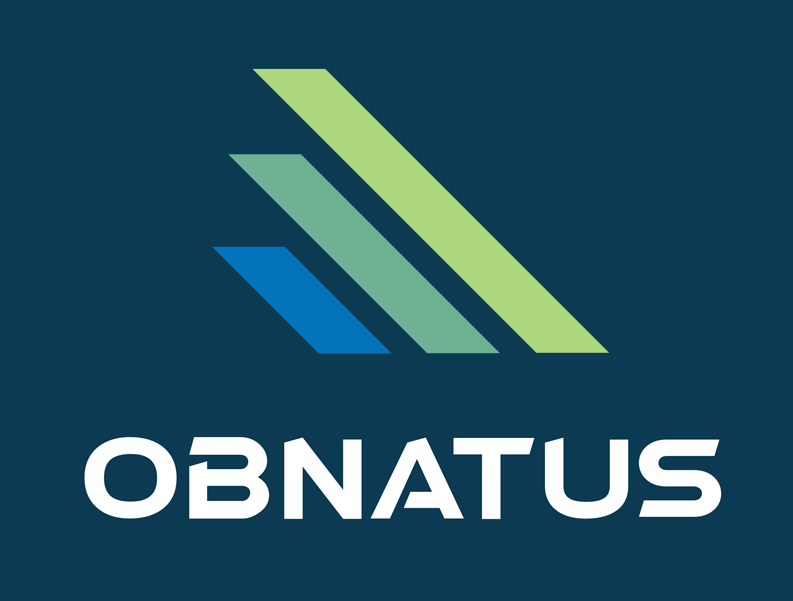When you’re looking to grow—whether personally, professionally, or as a leader—it’s easy to get overwhelmed by the options. Coaching, consulting, mentoring… these terms are often used interchangeably, but they’re not the same. Each offers a different kind of support, and knowing the difference can help you choose the right one for your current goals, challenges, and stage of development.
Let’s break it down clearly—so you can find the support that actually moves the needle.
Coaching: Unlocking Potential Through Partnership
Coaching is a forward-focused, reflective process that helps you unlock your own solutions through structured conversation, deep listening, and powerful questioning.
-
The coach doesn’t give you answers—they help you find them.
-
It’s not about fixing—it’s about developing.
-
It’s focused on awareness, accountability, and action.
Best for: Leaders who want to grow self-awareness, decision-making skills, emotional intelligence, and performance. Coaching is especially valuable in executive leadership, sales leadership coaching, and personal development.
Example: You’re a senior leader struggling with delegation. A coach helps you uncover why you’re holding back, reflect on your leadership identity, and experiment with new behaviours that build trust and free up your time.
Key benefit: Sustainable, internal growth. Coaching changes how you think, not just what you do.
Consulting: Bringing in the Expert
Consulting is about providing answers. A consultant brings subject matter expertise, analyses a situation, and tells you what to do. They often deliver a roadmap or strategy based on their experience and data.
-
The consultant leads with solutions, not self-discovery.
-
They’re typically hired for a specific outcome or project.
-
You pay for their knowledge, process, and results.
Best for: Organisations or leaders facing a defined problem—like poor sales performance, operational inefficiency, or market strategy—and needing an expert fix.
Example: Your sales team is underperforming. A consultant reviews your processes, scripts, and data, then delivers a new sales strategy and KPI framework.
Key benefit: Speed and expertise. You get clear recommendations fast—but you may not build internal capability.
Mentoring: Sharing Wisdom from Experience
Mentoring is an informal (or sometimes structured) relationship where a more experienced person shares their knowledge, advice, and support with someone earlier in their journey.
-
It’s based on real-world experience.
-
Mentors offer guidance, storytelling, and encouragement.
-
It’s often more personal and long-term.
Best for: Emerging professionals, new managers, or people entering unfamiliar roles or industries. Mentoring is great for learning from someone who’s been there.
Example: You’ve just stepped into your first leadership role. A mentor shares what helped them thrive, what mistakes to avoid, and how to navigate common challenges.
Key benefit: Context and connection. You learn from someone’s journey, not just theory.
So… Which One Do You Need?
Ask yourself:
-
Do I want someone to ask me powerful questions so I can grow and lead better? → Coaching
-
Do I want someone to solve a specific problem or tell me what to do? → Consulting
-
Do I want someone to guide me through shared experience and offer long-term support? → Mentoring
In truth, the best growth journeys often include a mix of all three. But knowing the difference helps you choose intentionally—and avoid investing time or money in the wrong kind of support.
Final Thought
Growth doesn’t happen by accident. Whether it’s coaching, consulting, or mentoring, the right support can accelerate your development, sharpen your leadership, and increase your impact. But only if it matches your needs.
Clarity here isn’t just helpful—it’s empowering. Because when you understand what kind of support you need, you take ownership of your growth. And that’s where the real transformation begins.





